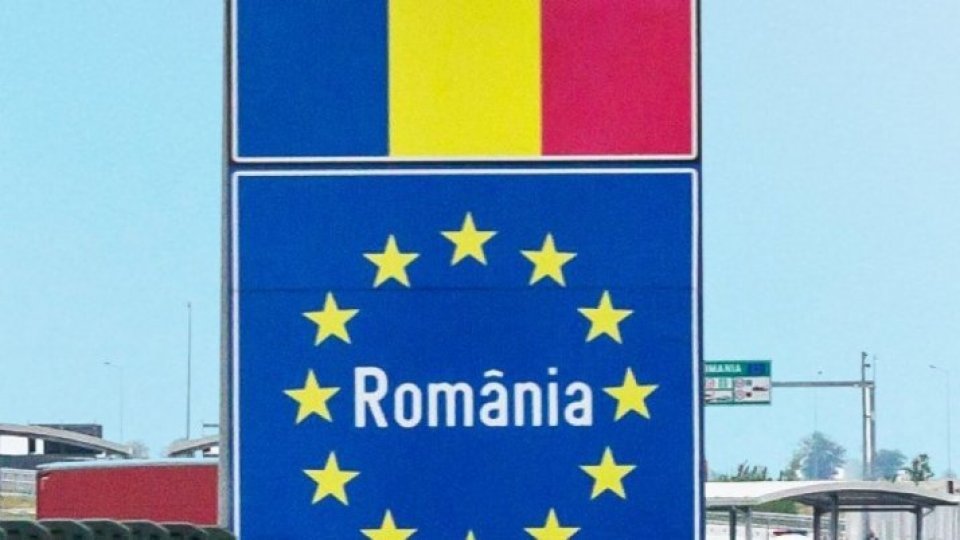The Romanian authorities will continue the steps for the country's accession to the Schengen Area

Articol de Radiojurnal, 10 Decembrie 2022, 16:59
The Romanian authorities will continue the steps for the country's accession to the Schengen Area, despite the unfavorable vote recorded at the meeting of European interior ministers on Thursday, in Brussels.
Prime Minister Nicolae Ciuca declared that Bucharest has consultations with the community institutions about the opportunity to put the discussion on Schengen entry back on the agenda of the future European Council.
Among other things, the prime minister said that a variant is also being analyzed that would involve the decoupling of Romania from Bulgaria in the accession process.
Nicolae Ciuca: Let's put the subject back on the agenda under the conditions in which Austria maintains its political decision not to agree with Romania's accession, I don't think it's opportune to put forward a deadline against which to report. We must /analyze/ the decoupling from Bulgaria, because this is a step that each country must undertake individually.
USR announced that next week it will submit a simple motion to the Minister of Internal Affairs, Lucian Bode, whom it accuses of Romania's failure to enter the Schengen Area.
USR's approach is also supported by unaffiliated parliamentarians from the Force of the Right National Liberal Party. Instead, Lucian Bode emphasized that Austria's opposition was unargued and that a decision on Romania's accession to the free movement area can be taken at the Justice and Internal Affairs Council from March next year.
Meanwhile, in Bucharest, several dozen people protested Austria's attitude. At the demonstration organized by AUR there were also transporters dissatisfied with the consequences of Romania's non-acceptance in Schengen.
Several European countries declared themselves extremely disappointed by the vote against the accession of Romania and Bulgaria to the free movement area. Most foreign ministers qualified Austria's gesture as a serious mistake at the level of European politics and geopolitics.
In addition, the European Commissioner for Home Affairs, Ylva Johansson, has promised to make the entry of the two countries into Schengen a priority of her mandate.
For his part, the president of Austria, Alexander Van der Bellen, stated that he extremely regretted the veto given by his country. He admitted that Austria is in a difficult situation due to the influx of refugees and migrants, but said that he does not see the connection between these problems and the entry of the two countries into Schengen.
Translated by: Radu Matei














